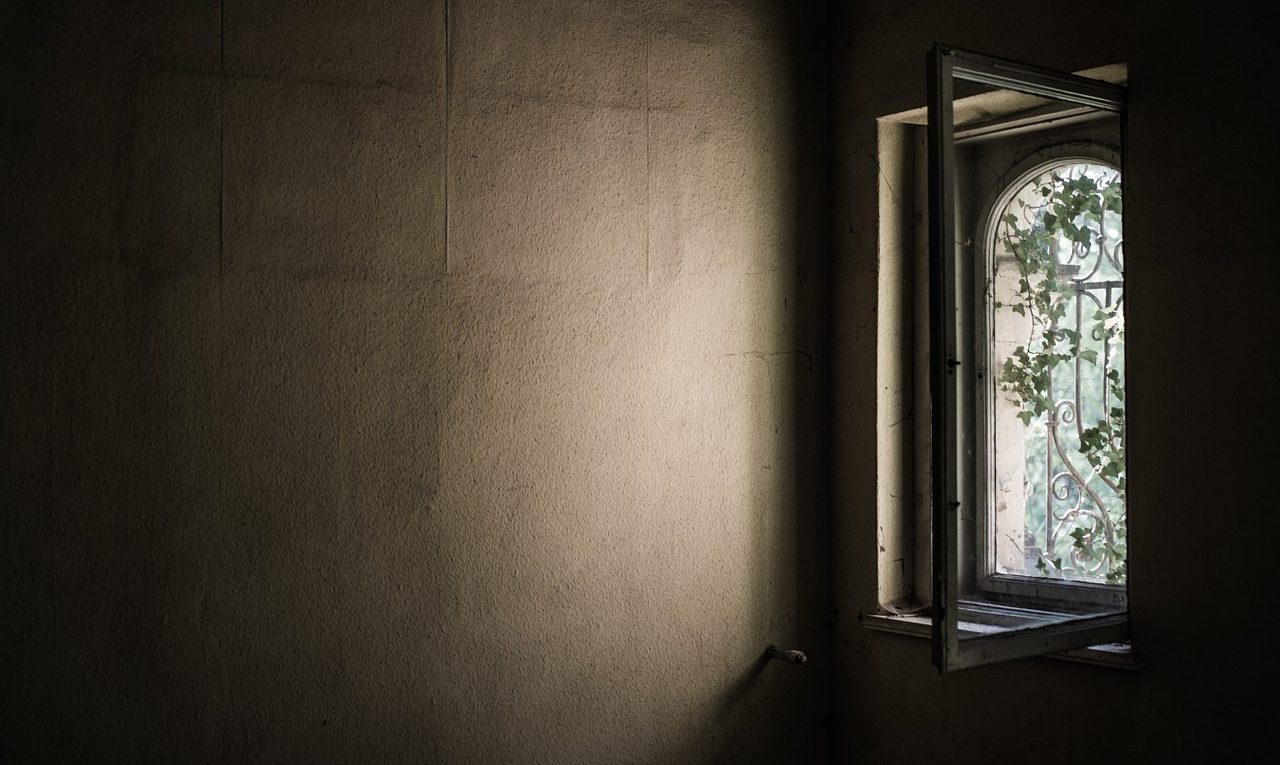Academic Literacies
This is a reading response for the Research Colloquium course 6719.
Rather than narrowing into the arguments and flow of the text within McClelland’s dissertation, as he explores the contrasts between the pragmatism expressed by Dewey and Rorty, I’d like to explore the academic literacies needed to read and understand this form of academic writing. I’ll leave aside for now a fuller definition of what I mean by literacies, since that is a topic explored for my dissertation work [Literacies]. I’m returning to my understanding of literacies after recently finding an article that explores academic literacies which I think is an interesting connect to McClelland’s dissertation, as I contrast it to the other dissertations in this week’s readings.
Academic literacies are “concerned with meaning making, identity, power, and authority, and foregrounds the institutional nature of what counts as knowledge in any particular academic context” (Lea & Street, 2006, p. 369). This was highlighted for me when McClelland comments early in his text that his “slightly different modes of engaging texts, and its different modes of writing represented, for me, an alternative and viable approach to research in the Education discipline” (p. 3) in response to challenges by classmates and faculty. His presentation of a humanities style document in an educational context was a shift in genre, bringing philosophy and literature into educational writing.
Lea & Street (2006) identify genre switching as an academic literacy. Identifying qualities within genres is part of this literacy. Our ability, in this course, to switch from poetry to philosophical argument is an example of genre switching, thus developing our academic literacies. Exploring a range of genres from within contexts, but also from outside educational fields of study, expands our academic literacy. Bringing a variety of genres into our conversations helps us deconstruct and make explicit the “range of genres, modes, shifts, transformations, representations, meaning-making processes, and identities in academic learning within and across academic contexts” (Lea & Street, 2006, p. 376). While McClelland’s dissertation may push the boundaries of what a dissertation should look like, it certainly draws attention to relationships of power, authority and identity within educational academic discourse.
The table of contents, as a window into the dissertation genre format, can be seen as significantly different in McClelland’s dissertation than that of other writers in this week’s collection of readings. While I marvel at the numerical structure laid out by Berger (2008) and the sequential simplicity of Pecaski McLennan (2007), as prime examples of how I would like to lay out my own dissertation work, it is the nuanced, meaning making captions in McClelland’s work and the poetic titles in Guiney Yollop’s work that draw my attention. If I am truly able to genre switch, attending to the table of contents is one strategy I can apply to my reading and writing. This academic literacy has not eluded my attention.
References:
Berger, P. (2008). Inuit visions for schooling in one Nunavut community. (Doctoral Dissertation). Lakehead University, Thunder Bay, Ontario.
Guiney Yollop, J. (2008). Out of place: A poetic journey through the emotional landscape of a gay person’s identities within/without communities. Western University, London, Ontario. Retrieved from https://central.bac-lac.gc.ca/.item?id=NR39350&op=pdf&app=Library
Lea, M. R., & Street, B. V. (2006). The “academic literacies” model: Theory and applications. Theory Into Practice, 45(4), 368-377.
McClelland, K. (2006). Opening Truth to Imagination: The Pragmatism of John Dewey and Richard Rorty. Brock University, St. Catherine’s, Ontario. Retrieved from http://dr.library.brocku.ca/handle/10464/1438
Pecaski McLennan, D. M. (2007). Kinder/Caring: Exploring the use and effects of sociodrama in a kindergarten classroom. (Doctoral Dissertation). University of Windsor.
